Arts and Humanities
Explore Arts and Humanities
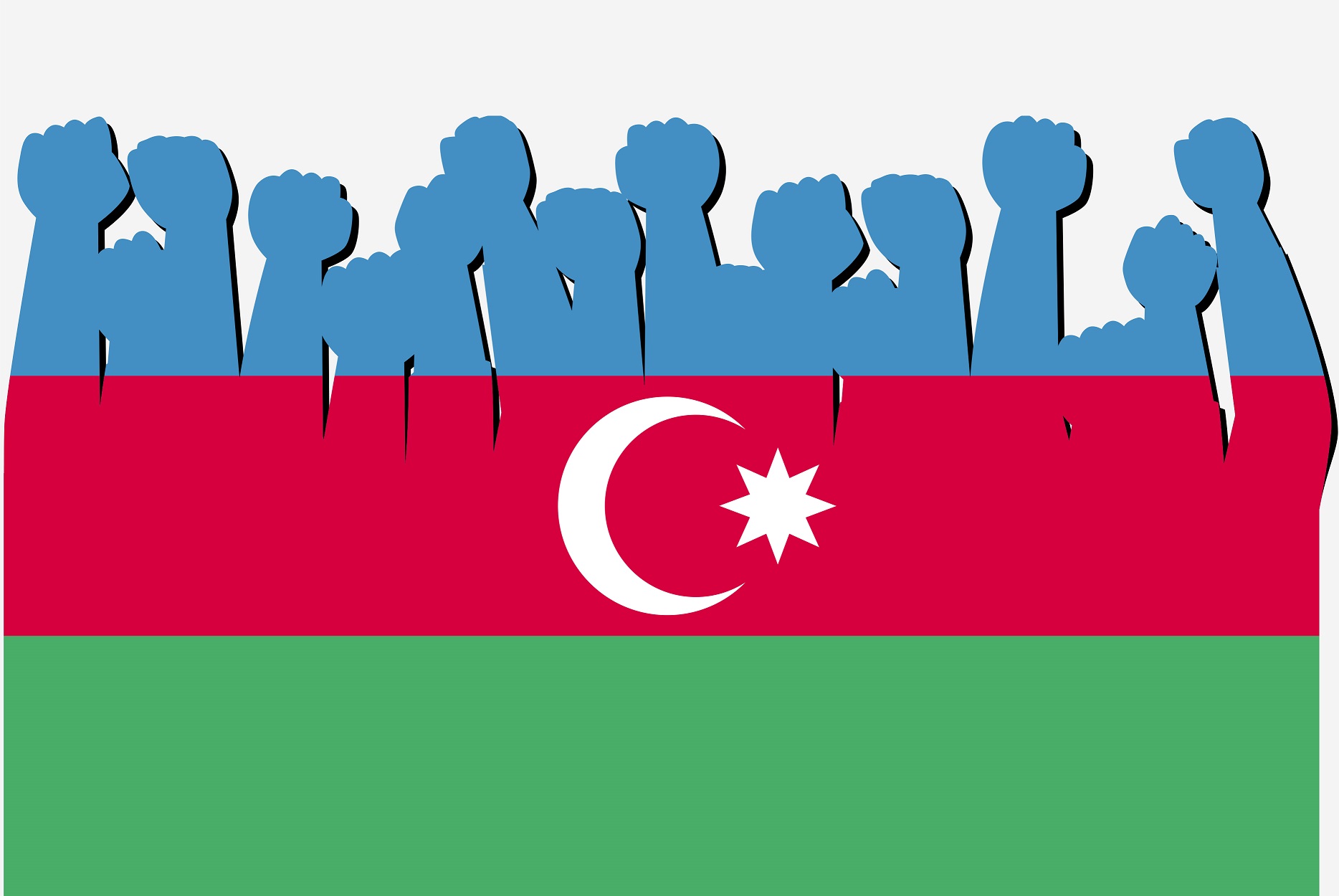
Dr Audrey L. Altstadt – Exploring the Tortuous History of Two Political Prisoners in Azerbaijan
Human rights defenders Leyla and Arif Yunus played a crucial role in Azerbaijan’s politics and modern history. After being sentenced to 8.5 years in jail by the Azerbaijani government and being released due to health issues, Leyla and Arif Yunus shared the suffering and torture they endured as regime opponents and political prisoners in a book entitled The Price of Freedom. Dr Audrey L. Altstadt, a Professor of History at the University of Massachusetts Amherst, recently published a short article outlining the dynamics underlying the arrest of the two political activists and the struggle described in their book.
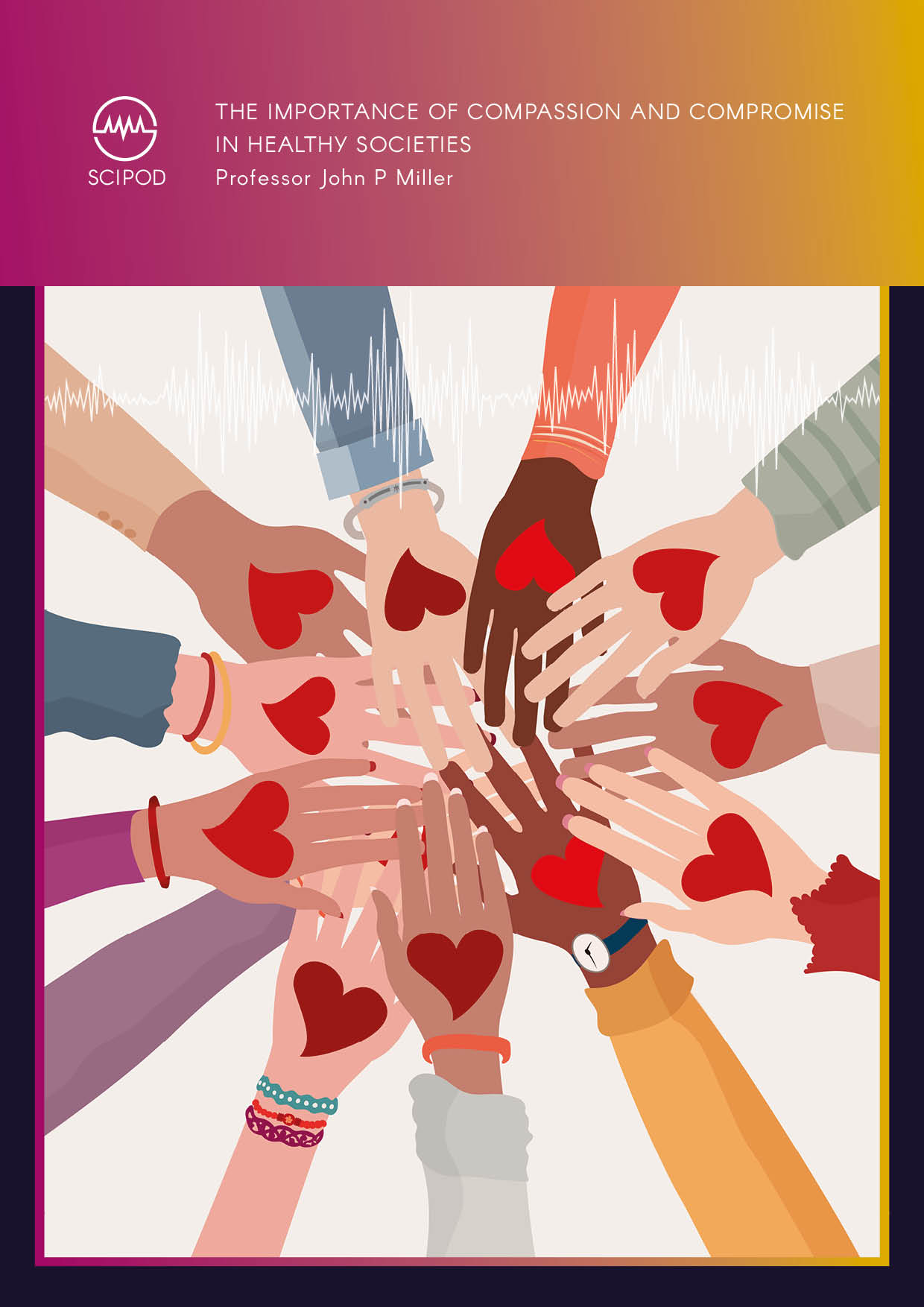
Professor John P Miller | The Importance of Compassion and Compromise in Healthy Societies
In a recent paper, Professor John P Miller discusses the importance of mutual accommodation and compassion in preserving democracies and ensuring we can tackle some of our biggest global problems. He highlights the way in which Canada has become a more tolerant, cooperative, inclusive society by emphasising the role of compromise and compassion. Using examples from education, he shows how we can nurture these qualities in children and young adults.
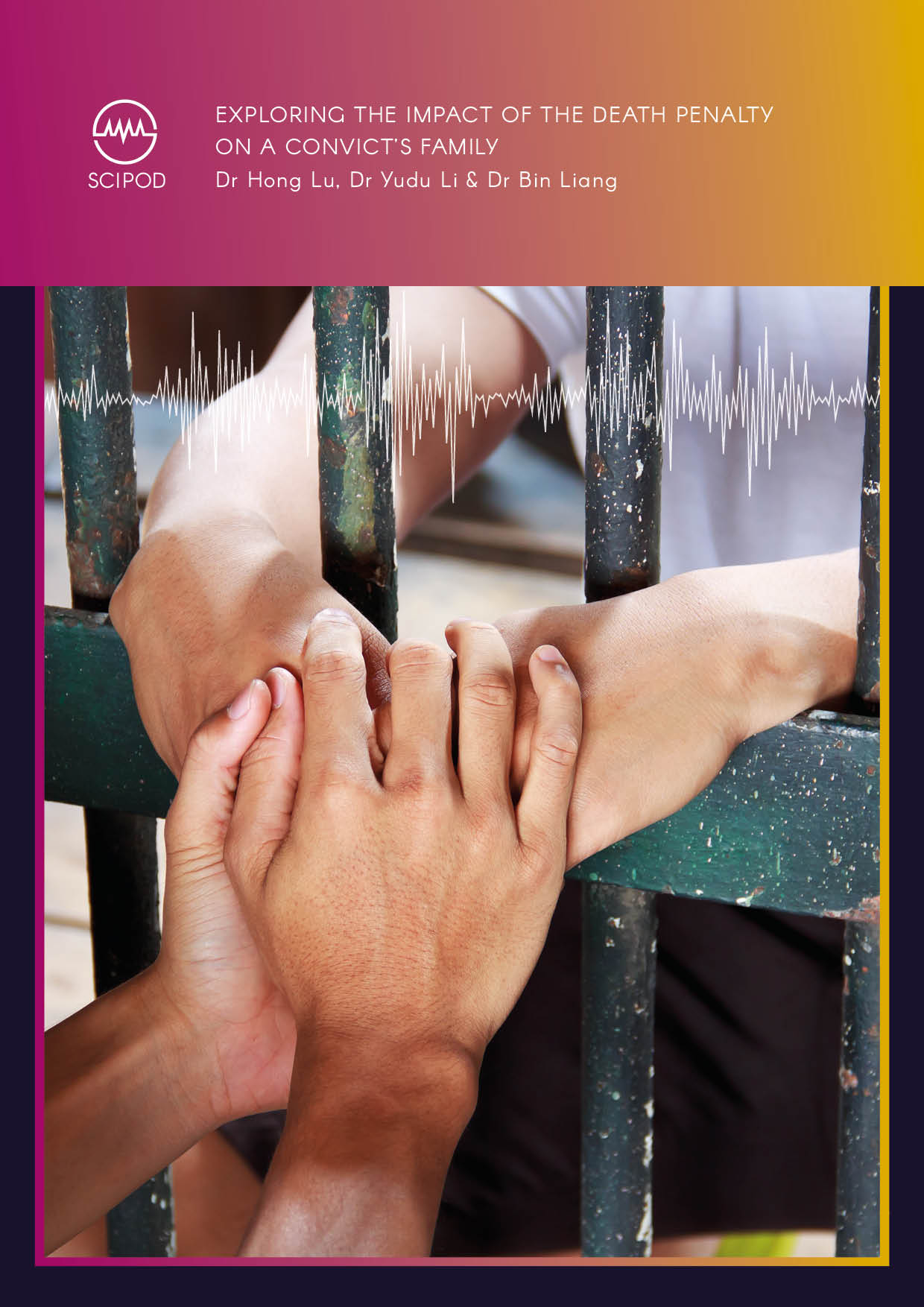
Dr Hong Lu | Exploring the Impact of the Death Penalty on a Convict’s Family
So far, very few research studies have investigated the effects of criminal convictions on the families of defendants. Dr Hong Lu, a Professor of Criminal Justice at University of Nevada, along with her co-authors, Dr Yudu Li and Dr Bin Liang, carried out a study examining how the family of Nian Bin, the defendant in a high-profile capital case in China who received four death sentences, managed the physical, emotional, financial, and legal challenges they faced after their relative’s conviction.
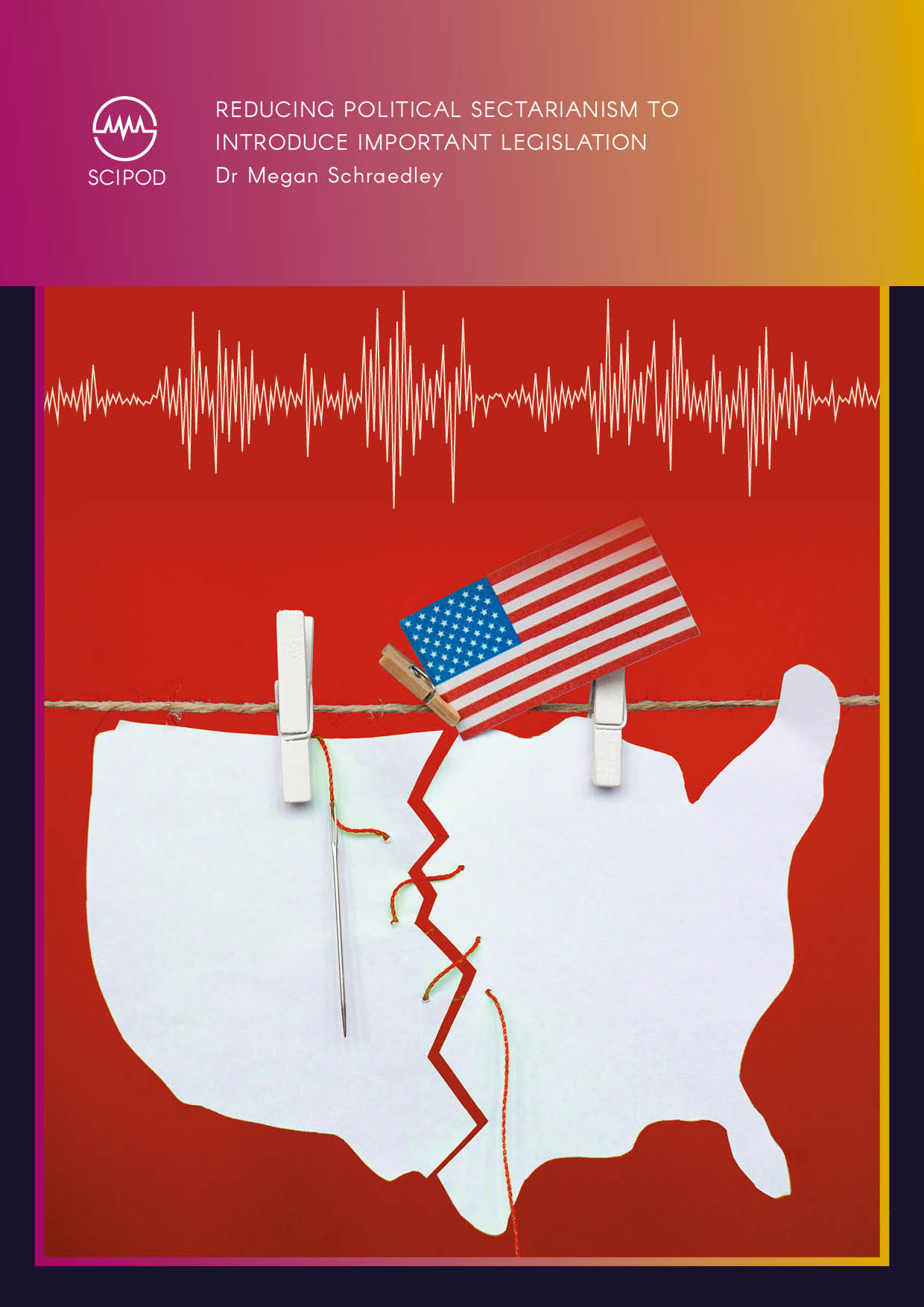
Dr Megan Schraedley | Reducing Political Sectarianism to Introduce Important Legislation
In the United States, public opinions have become increasingly polarised. This polarisation leads to ‘othering’, which describes how one group of people can view another group as very different from themselves and depict them in negative ways. Dr Megan Schraedley at West Chester University recently carried out a study exploring how othering arises in the context of US politics, and how it can be disrupted. Understanding how this destructive phenomenon can be disrupted could help policymakers to successfully introduce important legislation.
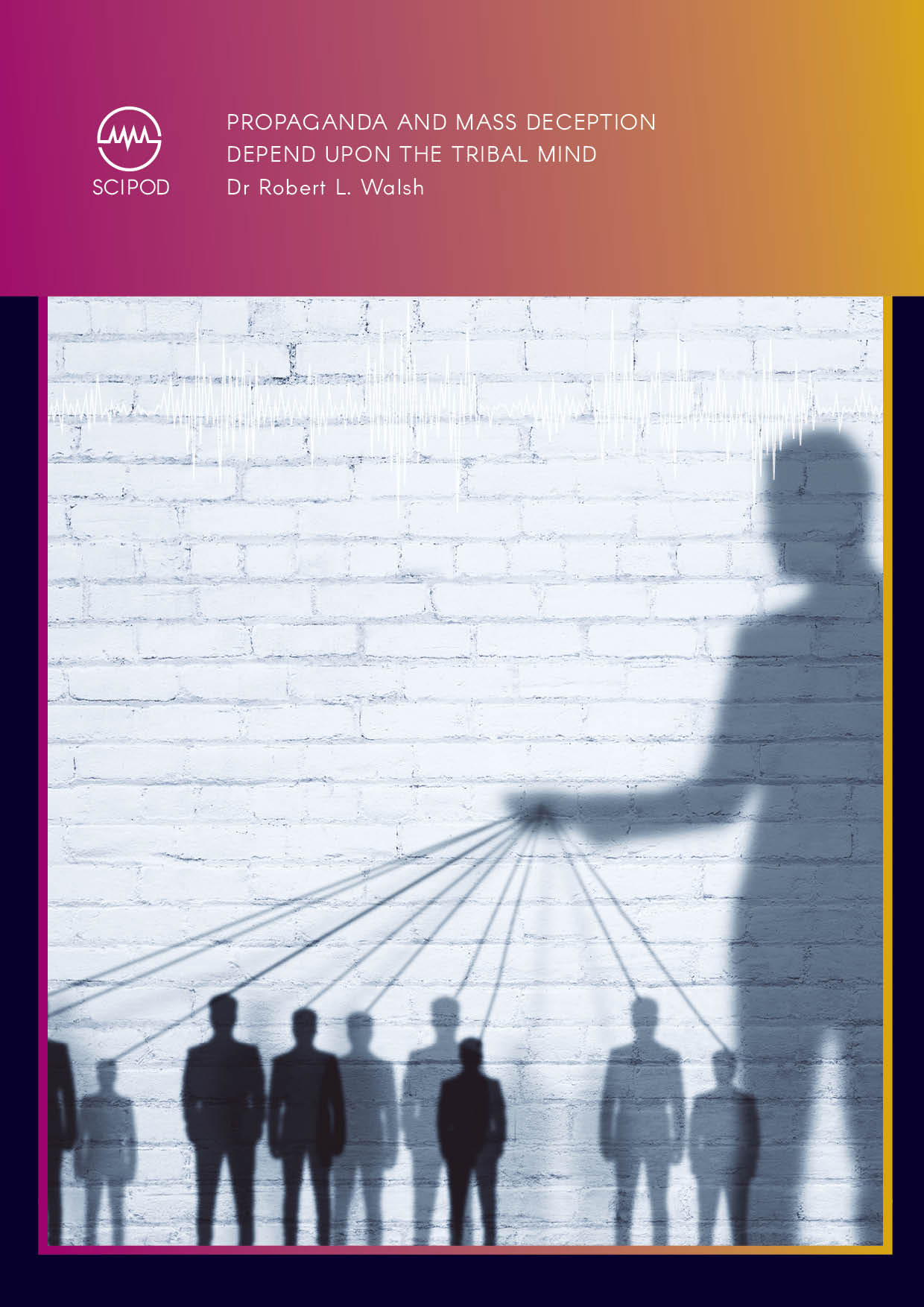
Dr Robert L. Walsh | Propaganda and Mass Deception Depend Upon the Tribal Mind
Propaganda is the systemic use of language with the intent to brainwash rather than to persuade. It has the subtle but pervasive power to ensnare an entire populace toward a predetermined attitude or outlook. Deceptive communication is now commonplace in this information age. Dr Robert L. Walsh recently examined how propagandists bend language for mass deception. He argued that what makes propaganda so insidious is a vestige of our prehistoric past – the Neolithic or Tribal mind.
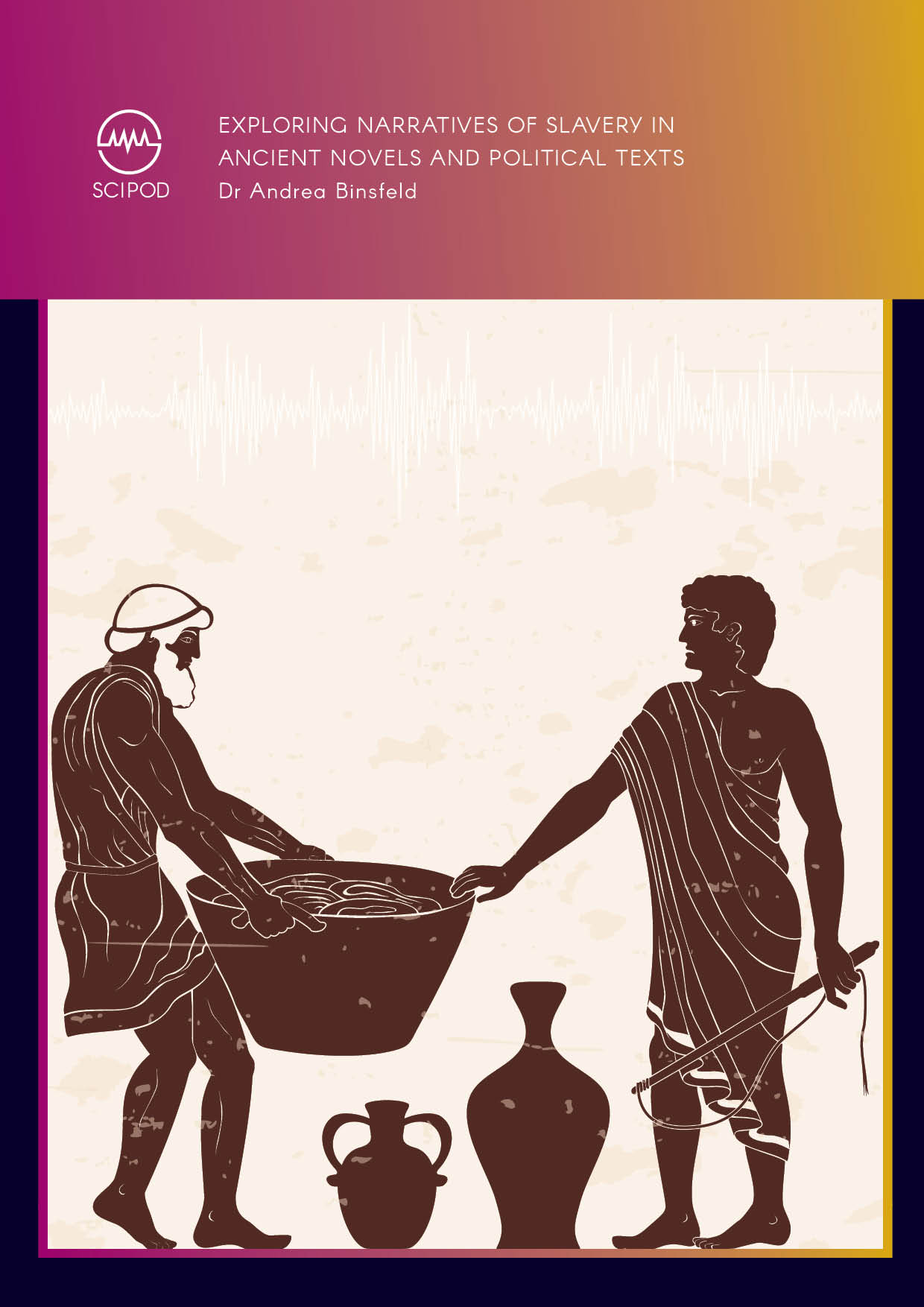
Dr Andrea Binsfeld | Exploring Narratives of Slavery in Ancient Novels and Political Texts
The perspectives and characteristics of specific historical periods are often reflected in the literary texts produced and circulated at the time. Dr Andrea Binsfeld, an Associate Professor at University of Luxembourg, has conducted several studies examining narratives of slavery in ancient texts, including novels and political discourses. Her analyses outline, from a different perspective, the deep impact that the institution of slavery had in Greek and Roman societies.
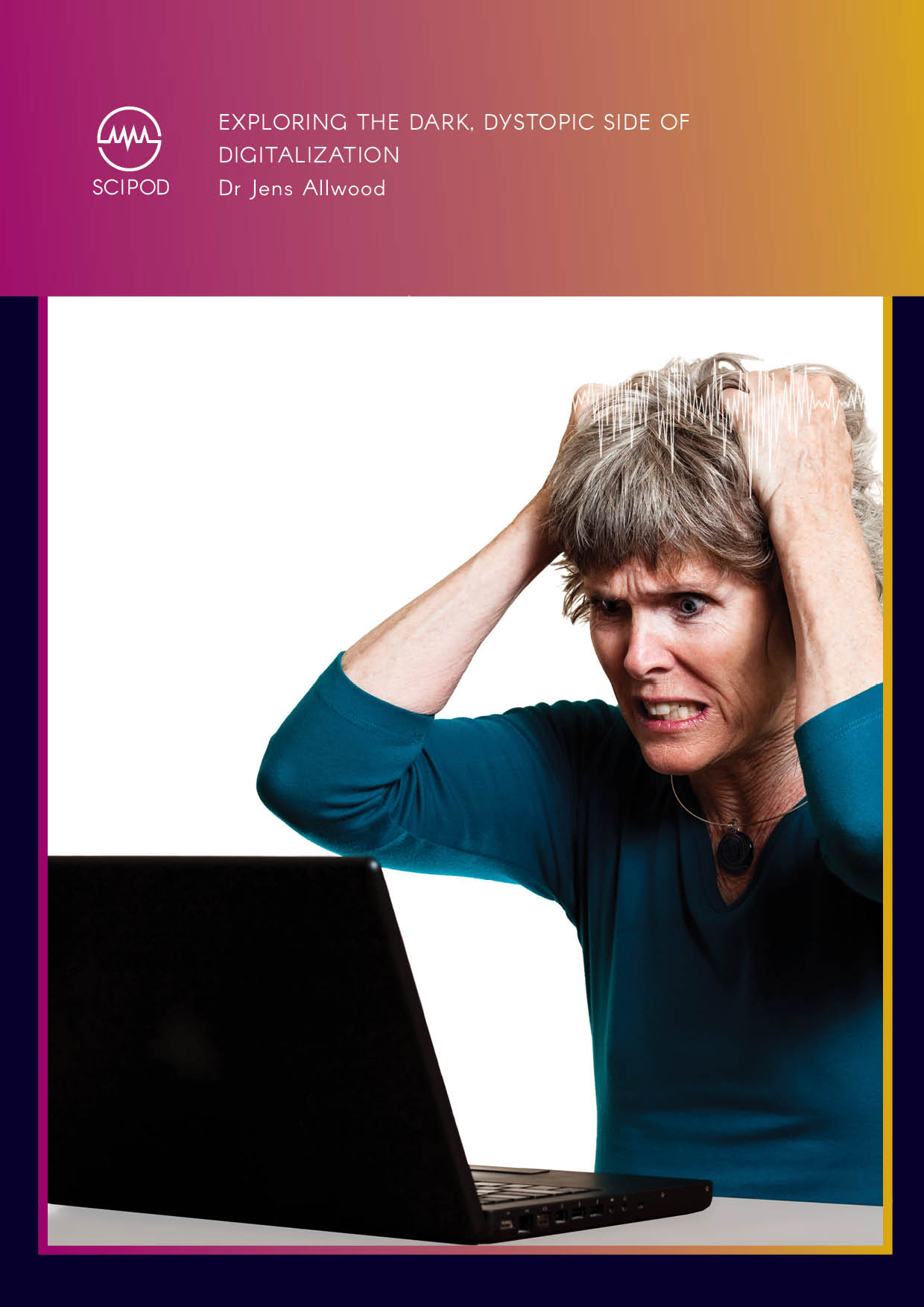
Dr Jens Allwood | Exploring the Dark, Dystopic Side of Digitalisation
Over recent decades, the use of digital technologies has increased exponentially worldwide, bringing significant changes to daily life. Like most societal transformations, this process of ‘digitalisation’ has had both positive and negative aspects. Dr Jens Allwood, Professor Emeritus at the University of Gothenburg, has recently published a paper exploring some of the darker elements of digitalisation, particularly focusing on its tendency to dehumanise our daily activities.
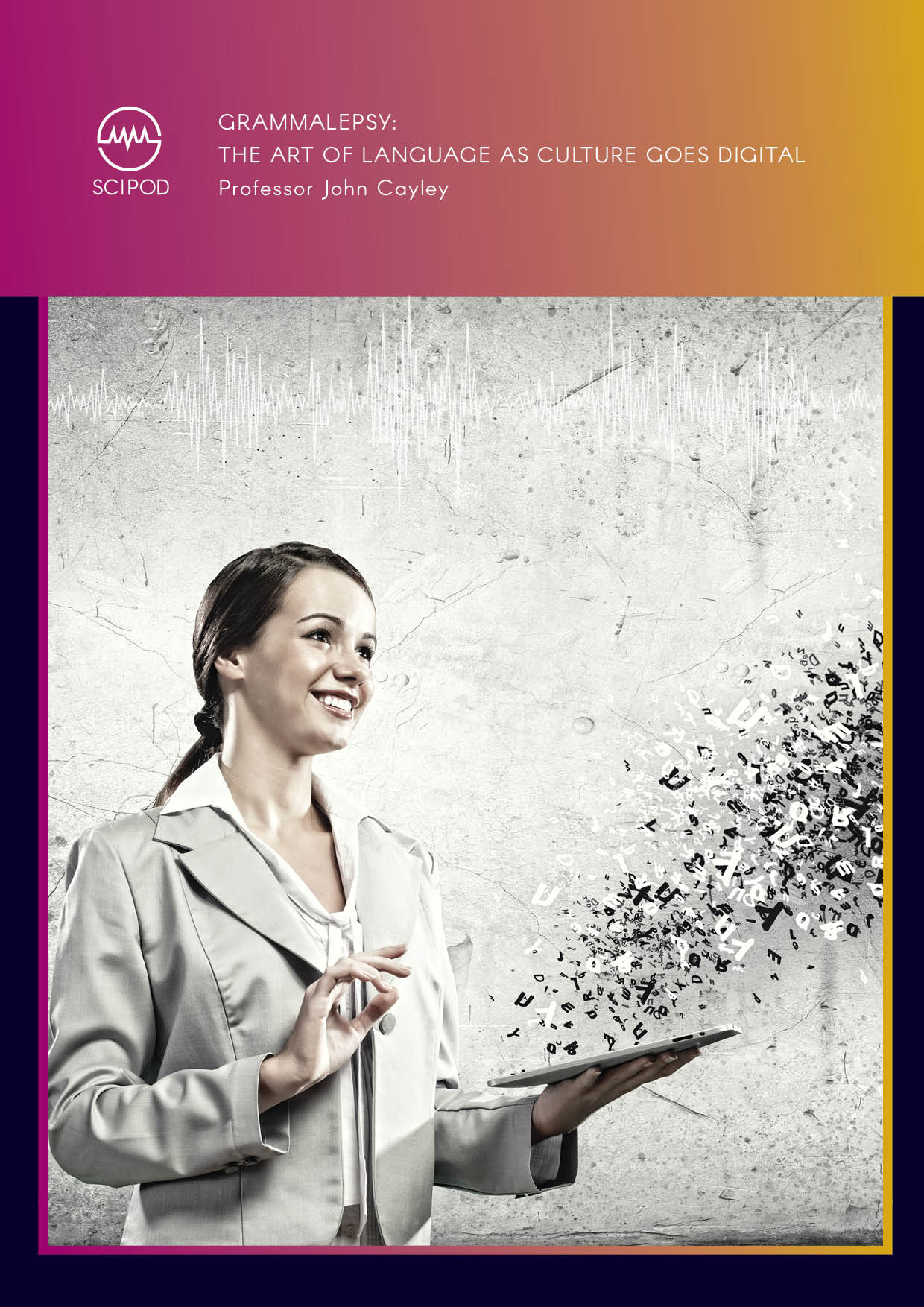
Professor John Cayley | Grammalepsy: The Art of Language as Culture Goes Digital
The term literature refers to a wide and diverse range of work, including novels, poems, plays, and essays. While literary experts agree that all literature is composed of language, they often argue about which texts can or should be considered as a part of the literature that we value. In recent years, technological advances have led to the creation of innovative works that merge language with digital media, state-of-the-art technologies and computation itself. In a fascinating book called Grammalepsy, Professor John Cayley of Brown University introduces a new theory of aesthetic linguistic practice that could shed new light on digital literature or, more comprehensively, language art.
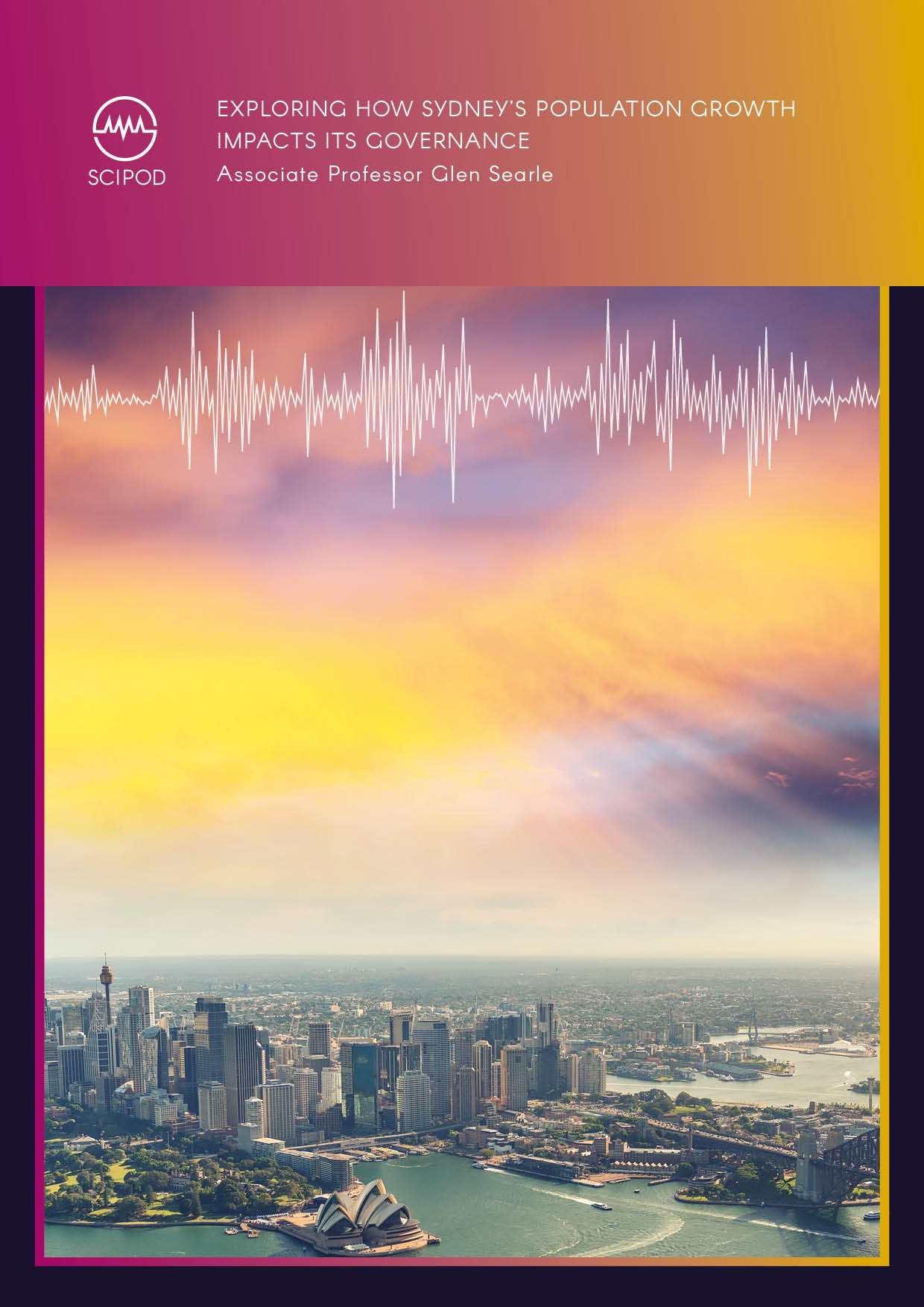
Associate Professor Glen Searle | Exploring How Sydney’s Population Growth Impacts Its Governance
Rises in population and demographic changes can have significant effects on the development and governance of urban environments. Associate Professor Glen Searle of the University of Sydney recently published a paper that highlights the ways in which Sydney’s rapid population growth is supported by national immigration targets and the state government’s desire to keep Sydney ahead of other Australian cities as a global city. This population growth then drives important governance decisions at state and national levels, particularly relating to development. By prioritising rapid dwelling construction to accommodate Sydney’s rising population, but lacking adequate funding for new transport, the state government has had to reduce checks and balances needed for more democratic planning and sustainable development.
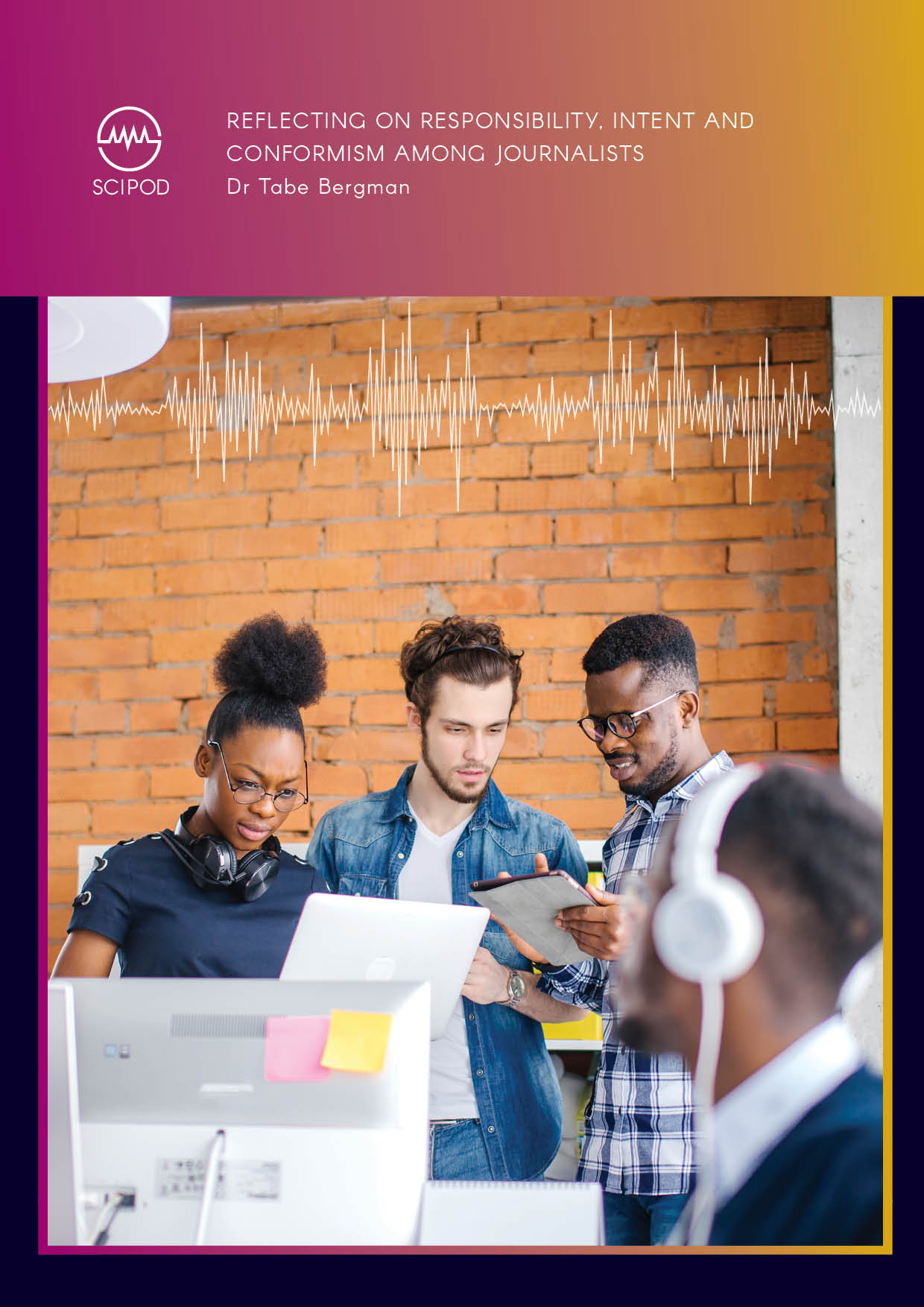
Dr Tabe Bergman – Reflecting on Responsibility, Intent and Conformism Among Journalists
Herman and Chomsky’s propaganda model is among the most renowned academic contributions to the study of journalism. Although it offers valuable insight into news content and how the media industry operates, it mostly ignores an important step in the production of news: what happens in the newsroom. Dr Tabe Bergman, an Assistant Professor at Xi’an Jiaotong-Liverpool University and Deputy Head of the University’s Media and Communication department, recently assessed practices in the newsroom, with the aim to supplement the propaganda model.
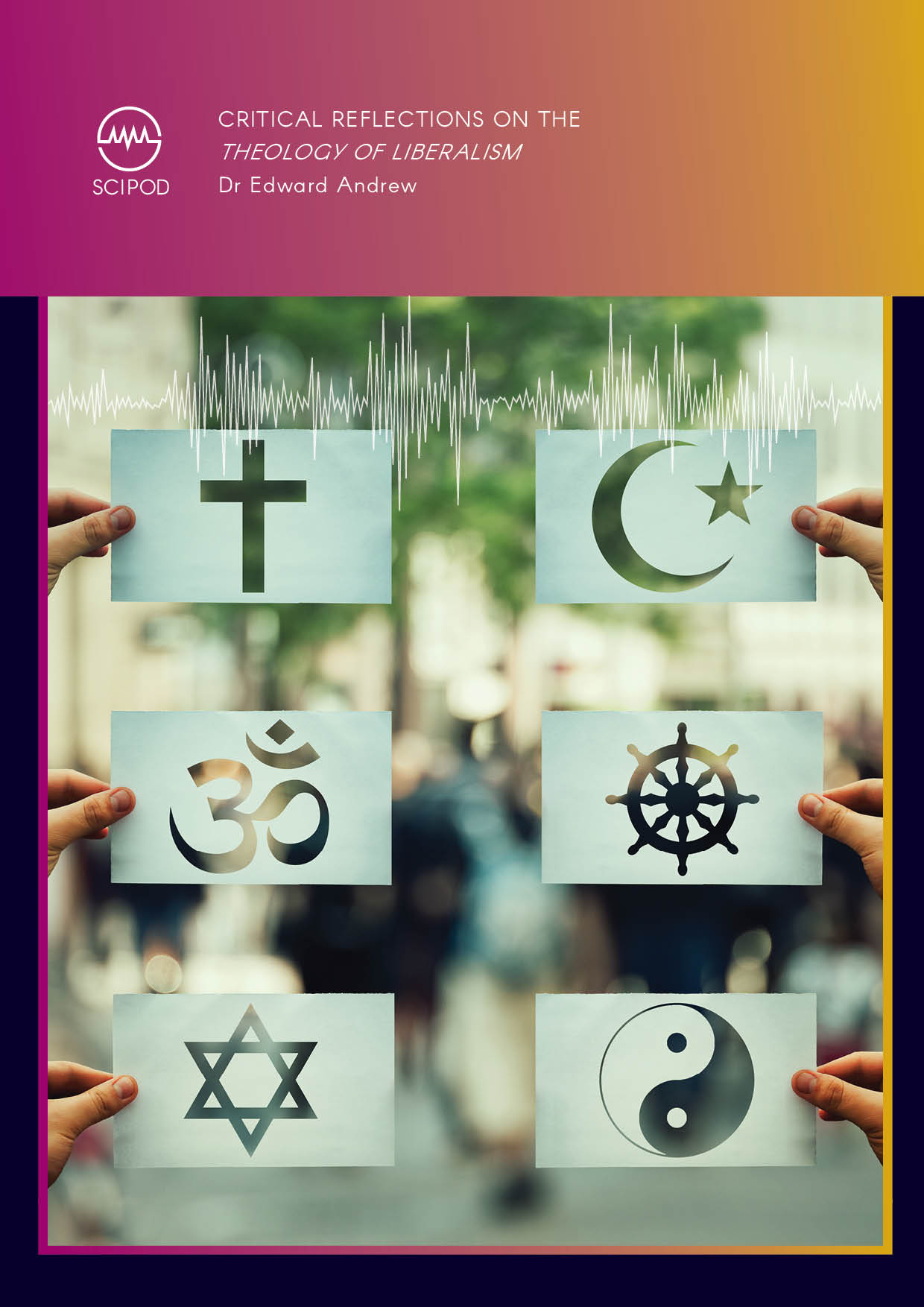
Dr Edward Andrew – Critical Reflections on The Theology of Liberalism
Dr Eric Nelson, a political theorist and Professor of Government at Harvard University, recently published a book entitled ‘The Theology of Liberalism: Political Philosophy and the Justice of God’. In this book, Nelson argues that liberal traditions in politics are ultimately a product of ancient theological disputes about freedom of the will. Dr Edward Andrew, a Professor Emeritus at University of Toronto, recently published a paper that questions some of the ideas introduced by Nelson in his recent work. His paper highlights the failure of Nelson’s ideas to reconcile differences between Christians and Jews or provide for religious toleration. Andrew also suggests that a liberalism based on utility rather than individual rights, or what Nelson calls ‘dignitarian liberalism’, would be less likely to generate social inequities.
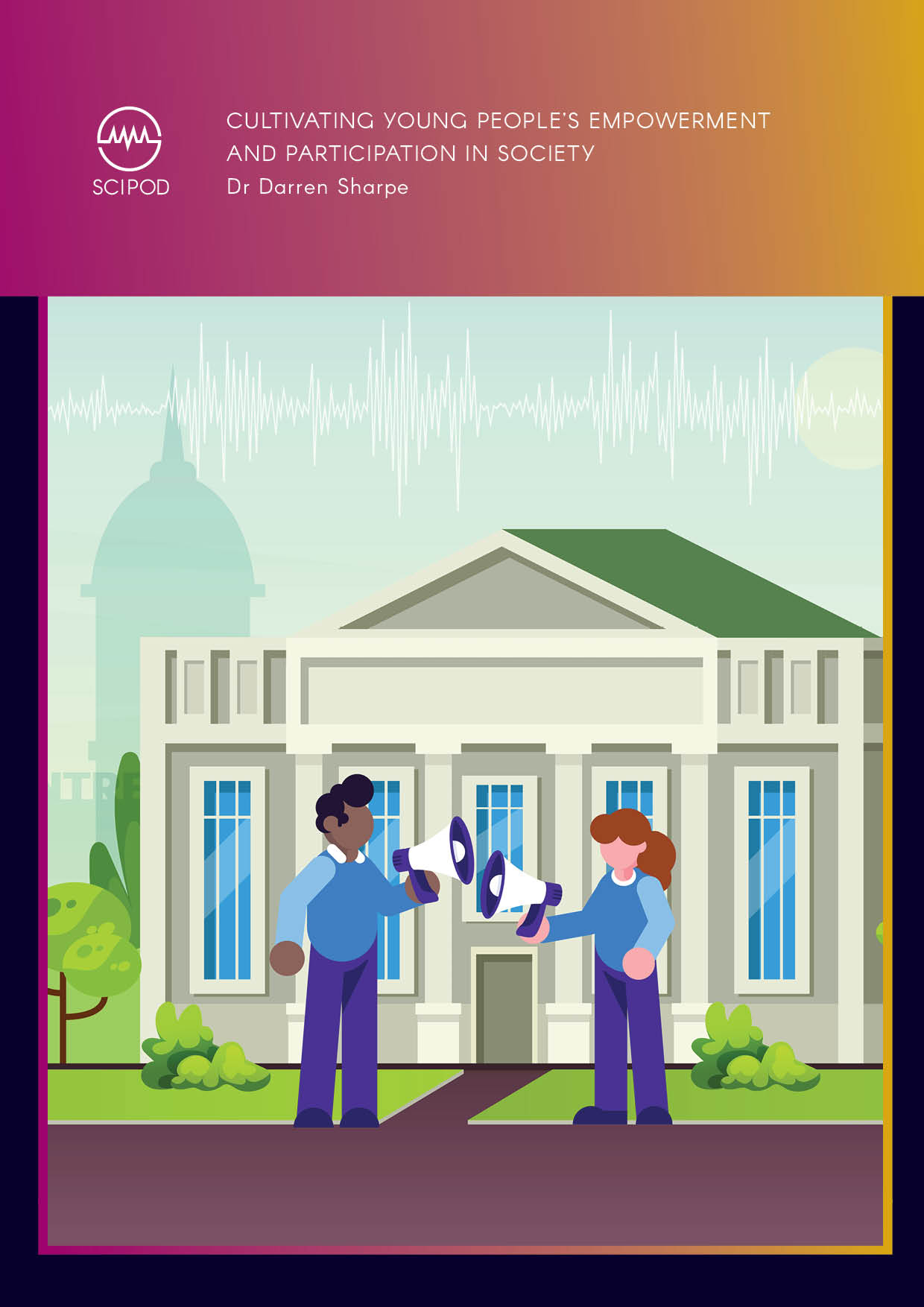
Dr Darren Sharpe – Cultivating Young People’s Empowerment and Participation in Society
Young people are central to a country’s growth and development, as they bring fresh perspectives and innovation. However, the path towards gaining full inclusion in society can be arduous for many youths, particularly those from marginalised and disadvantaged backgrounds.

Associate Professor Nina Tahmasebi | A new approach for detecting changes in word meaning over time
Words change their meanings over time, but tracking these changes has traditionally required painstaking manual analysis by linguists. In recent years, researchers have been using computational models to automatically detect when semantic change happens, and how much of a change has occurred. Recent research led by Associate Professor Nina Tahmasebi and her colleagues in the Change is Key! program introduces innovative computational methods for detecting qualitative features of semantic change, opening new possibilities for understanding language evolution at scale.

Professor Denise Troutman | Rethinking ‘Sassy’: The Complex Intersections of Race, Gender, and Linguistic Politeness
Research by Professor Denise Troutman at Michigan State University examines how race, gender, and social context shape perceptions of politeness and impoliteness in language, particularly focusing on the term ‘sassy’ when applied to African American women and girls. The research challenges traditional theories of politeness and reveals a need for cultural contextualizations to avert harmful stereotypes.

Professor Carsten Herrmann-Pillath and Professor Guo Man | How death rituals are changing in China’s fastest-growing city
Research from Professor Carsten Herrmann-Pillath at the University of Erfurt and Professor Guo Man at Harbin Institute of Technology Shenzhen Campus reveals how traditional funeral practices are being transformed in Shenzhen, an area of China which has rapidly developed into a huge metropolis. The research shows how government regulations, economic forces, and cultural traditions interact to create new forms of death rituals that balance modern urban constraints with deep-rooted customs.

Professor Will Greaves | How Donald Trump has changed Canada-US relations
Research by Professor Will Greaves at the University of Victoria examines how the Trump presidency has impacted the long-standing security relationship between Canada and the United States. His analysis reveals concerning shifts in the foundations of bilateral cooperation and trust between these traditionally close allies, with implications for the future of North American security arrangements.

Professor Magnus S. Magnusson | The surprising similarities between the structures of human cells and societies
Research by Professor Magnus S. Magnusson at the University of Iceland demonstrates surprising similarities between the organization of cellular protein networks and of human societies. He reveals how the invention of writing and, very recently, general education, transformed human civilization in ways that mirror ancient biological developments and emphasises how this makes humans unique.
